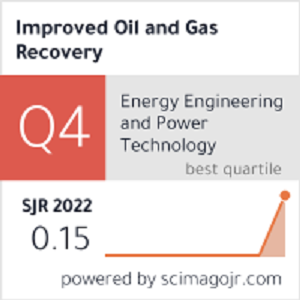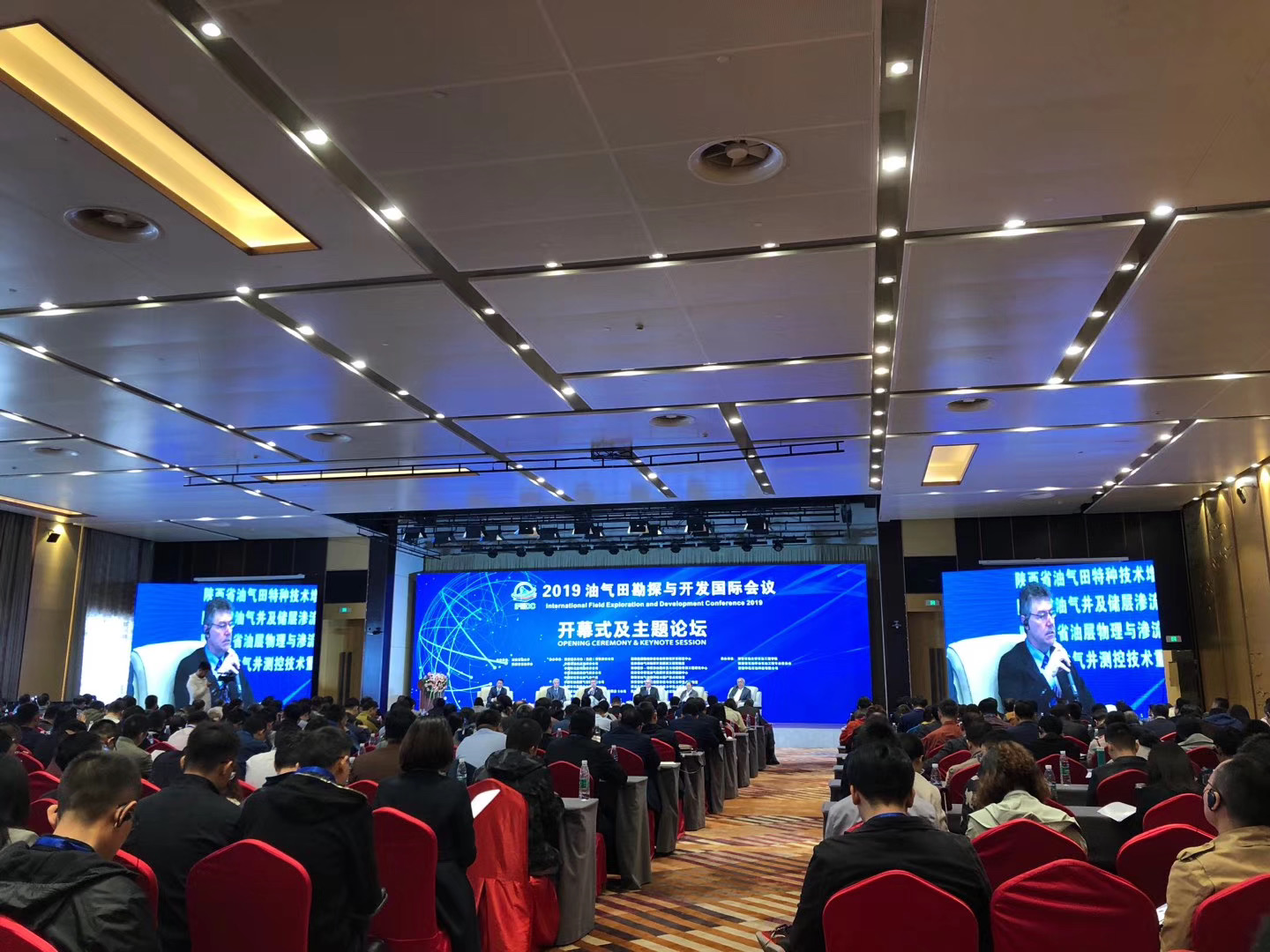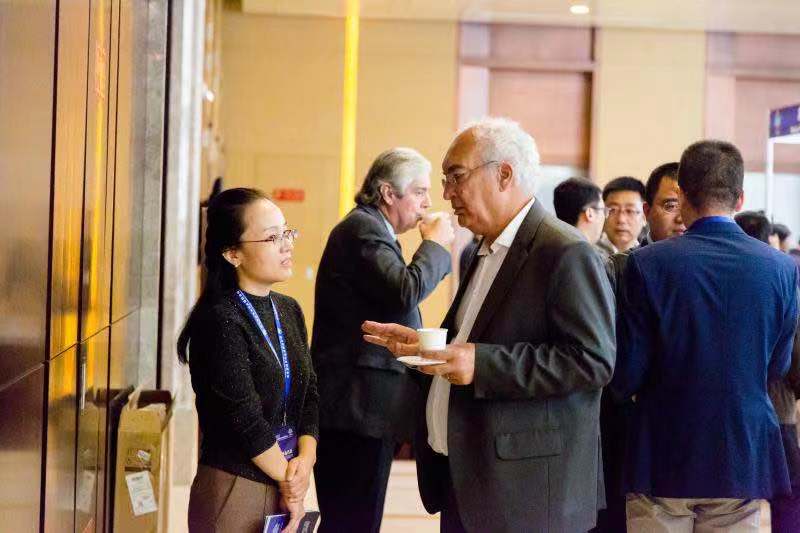Publication Ethics and Malpractice Statement
Responsibility of the Authors
Submission standards
The submitted manuscript should not be under consideration or published elsewhere. In addition, the submitted manuscript should contain sufficient detail and references to permit others to replicate the work. Multiple submissions, duplicated submissions, and redundant publications are not allowed. Fraudulent or knowingly inaccurate statements constitute unethical behavior and are unacceptable.
Data Sharing Policy
Data sharing is becoming increasingly important for maintaining scientific transparency and repeatability. Therefore, we encourage authors to share their data such as raw data, processed data, software code, protocols, self-made materials, wherever legally and ethically possible.
Data sharing can be broadly divided into two categories: one is public sharing without authorization, and the other is authorization only. Because some data is copyrighted, please consider using Creative Commons tools (CC BY) to help share your work. For details, please refer to https://creativecommons.org/share-your-work/licensing-examples/. If the data used were licensed from a third party, the data sharing statement should explain how to obtain a licence for that data.
When giving data sharing statements, please try to consider the following: what data will be shared; whether it is publicly available without authorization or available from the corresponding author upon request; when the data will become available and for how long; which CC BY should be complied with when sharing this data; where the data is archived or what the link is for accessing the data.
Anti-Plagiarism Policy
This journal uses anti-plagiarism software to screen all submissions. If plagiarism is identified, we will contact corresponding author(s) enclosing evidence. If no response, we will keep contacting institution every 3-6 months before taking any further action including possible retraction. For more information on plagiarism, please read COPE guidelines on plagiarism (https://publicationethics.org/files/Discussion%20document.pdf).
Handling Redundant (Duplicate) Publication
If major overlap/redundancy is found, we will contact corresponding author(s) firstly in order to get an explanation before taking any further action. If minor overlap is found, we suggest that secondary papers should refer to the original paper or publish correction giving reference to the original paper.
Handling Suspected Fabricated Data
If fabricated data such as image fabrication is suspected, we will contact corresponding author(s) enclosing evidence before contacting author’s institution to request an investigation. Meanwhile, we may publish an expression of concern if the fabricated data compromise the conclusion. If author’s guilty of fabrication is confirmed, retraction will be applied.
Acknowledgement of Sources and Correct Referencing
It is imperative that authors of the submitted manuscript give appropriate credit to the sources that they quote in their manuscripts. The authors of the submitted manuscript must always give proper acknowledgment of the work of others. Authors should cite publications that have been influential in determining the nature of the reported work.
Authorship Criteria and Authorship Disputes
According to the COPE guideline that an author should have made substantial contributions to the design of the research; or the acquisition, analysis, or interpretation of data for the result of the manuscript. All authors should review and approve the final manuscript before submission. In addition, guest or gift authorship must be prohibited. More details can be found at the website of COPE. For details, please refer to https://publicationethics.org/files/COPE_DD_A4_Authorship_SEPT19_SCREEN_AW.pdf.
Handle authorship disputes usually are very difficult for us. Therefore, we suggest the corresponding author(s) to get it solved if any authorship dispute are raised. If no agreement can be made, we will contact the authors' institutions before taking further action.
Policy on Conflict of Interest
All authors must declare any conflict of interest that may be existed in their manuscripts. The Conflict of Interest includes but are not limited to the following contents:
- Any source of financial support must be disclosed.
- Anyone who is involved in the research and preparation of the submission but not qualified as a co-author must be disclosed.
- Anyone or any company who is involved in the language editing of the manuscript should be disclosed.
If any conflict is found, we will contact author(s) and express concern. Amending conflict of interest statement or publishing correction to conflict of interest statement may be applied.
Errors in Published Works
During the review process and after publication of any paper, errors may be found by the author, readers, and the third-party platform such as PubPeer (https://pubpeer.com/). If the error is found by the author, then the author needs to inform the editor promptly and make a correction or retraction based on the severity of the error. If the error is learned from a third party by editor, the editor will inform the author as soon as possible after further confirmation of the error. Usually the editor and author are coordinated to correct the error if it is not compromise the conclusion or retract the paper if the error compromises the conclusion.
Policies on Human and Animal Rights, and Informed Consent
When human or animal subjects is involved in the research, ethical approval from an independent local, regional or national review body (e.g., ethics committee, institutional review board) or informed consent from patients must be disclosed. Identifying information of patients should not be included in manuscript unless the information is essential for scientific purposes and the patient (or parent or guardian) has given written informed consent for publication. In addition, authors should archive the consent, and instead submitting with a written statement that attests that they have received and archived written patient consent. When reporting experiments on animals, authors should indicate whether institutional and national standards for the care and use of laboratory animals were followed. The consent form should be made available to the journal Editor if specifically requested. Failure to obtain informed consent of patient prior to submission would result in manuscript rejection.
If any ethical problem is found, we will contact author(s) and express concern, and ask author(s) to supply relevant details such as informed consent documents. If there is no response or the response is unsatisfactory, we will contact author institutions to seek conclusion of investigation. Meanwhile, an expression of concern will be published.
Responsibility of the Reviewer
Contribution to Editorial Decision and Quality of Manuscripts
Peer review is an extremely important step in the publication process which helps editors in making editorial decisions and helps authors improve the quality of their manuscripts by providing professional suggestions.
Peer-review Policy
All submitted manuscripts are reviewed initially by a managing editor. Only those papers that fall into the journal scope and meet our editorial criteria are sent to the journal editor for starting the external peer review process. All manuscripts are single-blind peer-reviewed, typically by two reviewers, but sometimes more if special advice is needed (for example on statistics). Peer reviewer identities are kept confidential, but author identities are made known to reviewers. Usually, the editors then make a decision based on the reviewers' advice, but sometimes, reviewers will have opposite opinions. At this time, more reviewers may be sought for review, and even the editor-in-chief needs to participate in the peer review process and help make decisions.
Selecting Peer-reviewers
All reviewers must be selected by our editors which means we don’t accept the recommendation of reviewers from authors. We recommend that editors search for potential reviewers in academic databases. Generally speaking, potential reviewers need to have a research background that is the same as or similar to the submitted paper, experience in publishing high-quality papers, and no bad records of academic misconduct. In addition, reviewers should declare any association with authors of a submitted manuscript and other conflict of interests. Editors will email selected Reviewers the title and abstract of the manuscript, as well as a link for logging into the journal website to complete the review and fill out the standard review form.
Review Guidelines
The reviewer should accept manuscripts for review only in his/her familiar areas of expertise, and try to complete the review on time. If it can’t be completed within the stipulated time, the reviewer should immediately contact the editor. Reviewers should strive to be objective in their assessments. The reviewer must not disclose any information related to the submitted manuscript to the author or any third party without the consent of the journal editor. A reviewer should also call to the editor’s attention any substantial similarity or overlap between the manuscript under consideration and any other published paper of which they have personal knowledge, or any suspected image inappropriate manipulation. COPE has developed Ethical Guidelines for Peer Reviewers, to which Editors and reviewers can refer for guidance. For details, please refer to https://publicationethics.org/files/Peer%20review%20guidelines.pdf.
Peer Review Process
All submitted manuscripts are reviewed initially by a managing editor. Only those papers that fall into the journal scope and meet our editorial criteria are sent to the journal editor for starting the peer review process. Please be noted, the editorial decisions are not reverted. However, authors who think that their manuscript was rejected due to a misunderstanding or mistake may send a appeal letter to the editorial office. Generally peer review is completed within 8-12 weeks and the editor’s decision within 7-14 days of this.
Responsibility of the Editor
Fair play and Editorial Independence
During publishing service, one of the important jobs of the editor is to make an editorial decision. An editor should at any time evaluate manuscripts on the basis of the manuscript’s merit and that the author’s race, gender, religious or political beliefs, ethnicity, or citizenship are not considered.
Scientific Quality of Publications
Quality should be assured by requiring that all submitted manuscripts adhere to the highest ethical standards and demonstrate rigorous research methodology which lead to solid conclusions. The reviewers, editorial board members, editor-in-chief, and editorial advisory board of this journal are responsible for the quality of the publications. In addition, after publication, we accept feedback from readers and comments from some post-publication academic review platforms, such as PubPeer (https://pubpeer.com/).
Confidentiality
The editors must not disclose any information related to the submitted manuscript for their own research purposes without the authors’ explicit written consent. Information concerning a submitted manuscript should only be revealed to the corresponding author, reviewers, editorial board members, or the publisher as is required or otherwise appropriate.
Selecting Editors
Editors play key roles by controlling the academic direction and manuscript quality, in addition to oversee the journal's peer-review process. Usually, editors are selected by the journal’s editor-in-chief or suggested by existing editors. The potential editors must have a solid research background, especially those whose research are highly cited, or serve as PIs in national or regional key laboratories. Editors with academic misconduct records will be removed from the editorial team as soon as they are discovered.
Corrections, Retractions, and Editorial Concern
Corrections
A correction notice will be published online if errors are found in published articles without compromising the conclusions. If errors compromise the conclusions of a paper, retraction instead of correction will be considered.
Retractions
A retraction notice will be considered and published after cautious investigation in cases of any plagiarism, duplicate publication, inappropriate image manipulation, and unethical issue. If any errors compromise the conclusions of a paper, retraction will be considered also.
Editorial concern
We may consider to post a notice of editorial concern if an article is under investigation with preliminary evidence of unreliable data, result, and conclusion.
Duties of the Publisher
The publisher will assist journal editors to deal with related issues during the publishing process, including monitoring the data security, maintaining and updating the website, and solving technical problems. Handling of unethical publishing behavior should be another important job for the publisher. The publisher gives the free access to editors and reviewers for using anti-plagiarism software (https://www.ithenticate.com/). The publisher should commit to the permanent availability and preservation of papers by collaborating with digit achieving providers such as CLOKSS (https://clockss.org/).












